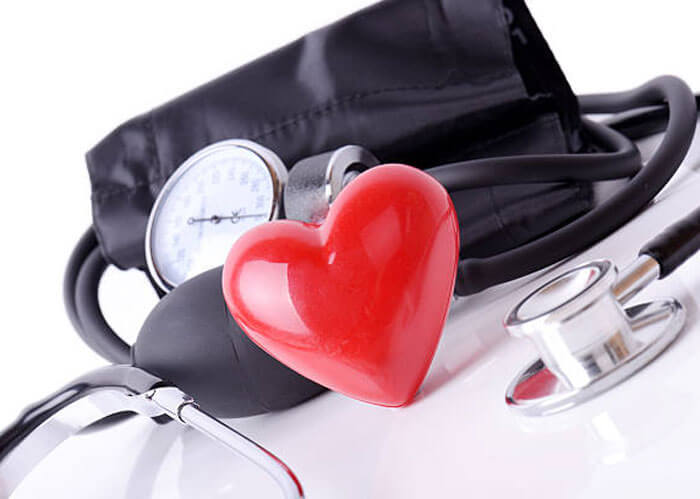
Recovery After TAVI: What to Expect

Transcatheter Aortic Valve Implantation (TAVI) is a least-invasive procedure that gives a new lease of life to patients with aortic stenosis. In any medical procedure, it is essential that the patient, as well as the family, understand how the body will take time to heal. Here are some things you will experience after the TAVI procedure has been done on you.
Understanding TAVI
However, to enable us to appreciate the concept of recovery fully, let’s try to explain a little about what TAVI entails. TAVI is procedurally performed to remove an aortic valve that provides an inadequate opening to let blood through. TAVI is somewhat less invasive than, for instance, an extensive open-heart surgery where a surgeon cuts a chest and directly performs surgery on the heart; instead, the TAVI consists of the insertion of catheters through blood vessels, so patients complain less of pain and can recover more quickly.
Rest: Expect to feel groggy from the anesthesia, and rest is essential. The Best cardiologist for TAVI will assist you in managing your pain and making you comfortable.
Hospital Stay: Most patients require one to three days of stay. At this point, the Best cardiologist for TAVI will look into your heart and scan for any complications that may be expected.
Discharge and Home Care
You can go home with specific instructions as soon as you are stabilized and your healthcare team is pleased with your recovery progress. Here’s what to keep in mind:
- Follow-Up Appointments: Organize check-up appointments with your cardiologist to assess the status of your heart and valves.
- Medication: Your doctor may put you on blood thinners and other drugs for your heart. These should, however, be taken as prescribed to avoid health complications due to the wrong dosage.
- Activity Restrictions: While TAVI is minimally invasive, your doctor may recommend avoiding heavy lifting or vigorous activities for a few weeks. Gentle walking is encouraged to aid recovery.
- Wound Care: If you have an incision site, keep it clean and dry. Look for signs of infection, such as redness or discharge.
Recovery Timeline
Follow-up check-ups will assist in the observation of how the body is healing. You may have had heart surgery five years ago, but that doesn’t necessarily mean you cannot make dramatic changes to prevent a repeat in the future. It combines the outcomes of TAVI procedures and results of surgical operations and the time when patients need to replace the right habits for the best life. Here are some tips:
- Healthy Diet: Dietary education points out a diet low in cholesterol and saturated fats, fibre diets packed with fruits/vegetables and lean protein.
- Regular Exercise: After being cleared by your doctor, include physical exercise to improve the health of your heart or any other part of your body that you are concerned with.
- Quit Smoking: If you smoke, it also affects the health of the heart, so use materials to quit smoking if you consider yourself a smoker.
- Manage Stress: Engage in stress management practice because stress hinders early recovery through stress management activities like meditation, deep breathing, or yoga.
Recovery timeline can vary by individual, but here’s a general overview of what to expect:
- First Week: Rest as much as possible. Light activities, like short walks, can help improve circulation.
- Weeks 2-4: Gradually increase your activity level. You may start feeling more like yourself and can often return to light daily tasks.
- 1-3 Months: Many patients notice a significant improvement in their symptoms and overall energy levels.
Emotional Recovery
It is also essential to note that recovery is not just physical. That is why numerous patients can be overwhelmed by various feelings after the TAVI procedure, including relief and concern about one’s health. Of course, it is; having these thoughts and impulses is pretty all right. Perhaps it is helpful to seek counseling or to become involved in a group where people share the same history.
As much as TAVI treatment in Hyderabad is a medical procedure, getting well encompasses a physical, new way of life and emotional processes. Learning what to expect and how to adhere to your healthcare provider’s recommendations will mean looking forward to a healthier and more vibrant future. It is always advisable to consult your healthcare provider any time you have questions regarding your recovery process. It is their pleasure to help you get well!
FAQs
The duration of these patients in the hospital differs; most spend 1-3 days in the hospital after undergoing the procedure. Most patients reported some improvement within several weeks, and most of the patients showed substantial clinical improvement in the overall condition and physical signs within one to three months of treatment. One should always adhere to the doctor’s advice, and go for checkup to see the improvement of the situation.
First of all, immobility is advised along with some gentle movements including short strolls to help circulation. It’s quite beneficial to slowly increase the level of physical activity after several weeks of work. But for few weeks one should refrain from activities that involve lifting heavy objects or involve physically demanding tasks. This article should not be taken instead of consulting with your doctor before exercising again.
Indeed, you will be prescribed some drugs such as the blood thinners and other heart drugs. These medications should be used strictly as recommended in order to prevent possible side effects. Your doctor will give you a full explanation regarding your prescribed medication treatment.
Always wash the wound with water and pat it dry. Check it for the incidence of infection markers such as redness, puffiness, heat or foul smell. In case you experience any of the above signs, do not hesitate to consult your doctor.
The patient may have different feelings after the procedure – relief, anxiety, or even depression, it’s quite okay. Stress management through methods such cancer support groups, meditation, deep breathing is also good. If ever feelings get very hard to cope with, it is advisable to consult on a professional counselor or a physician.






